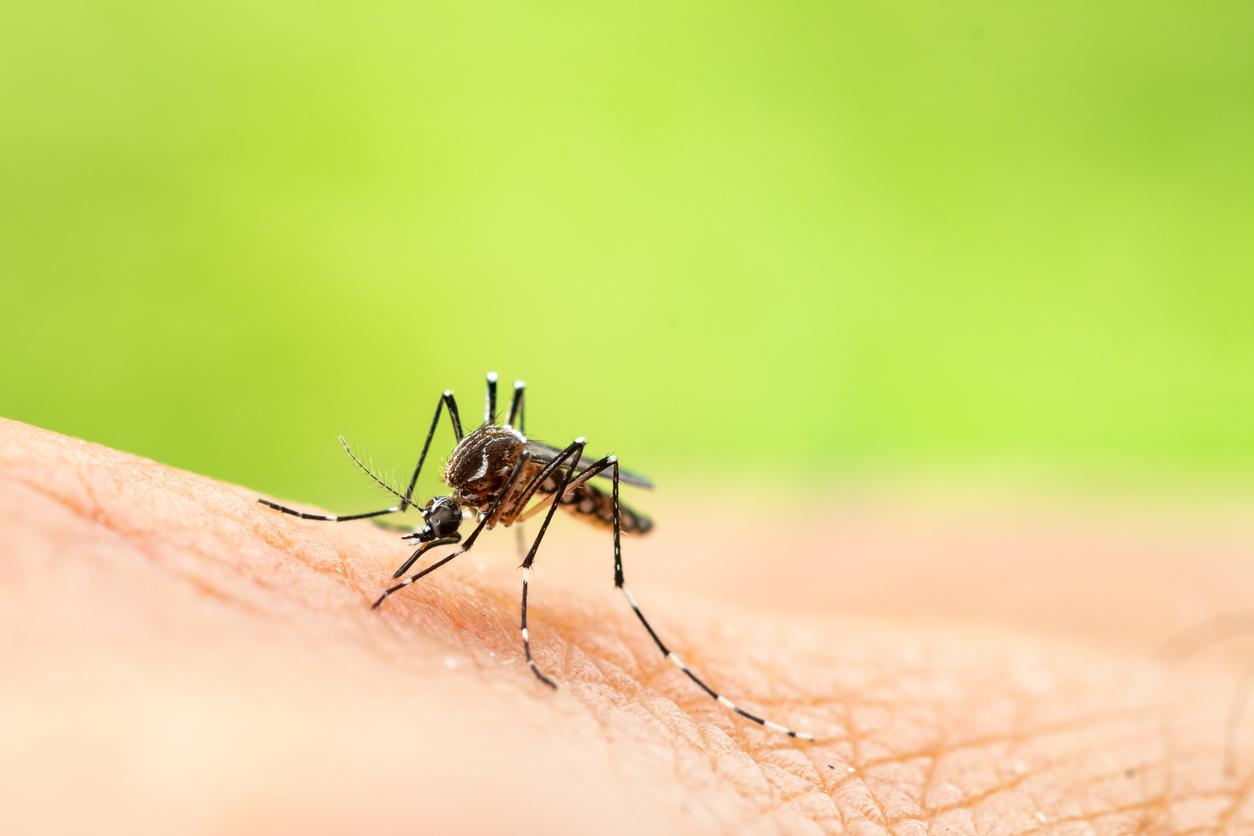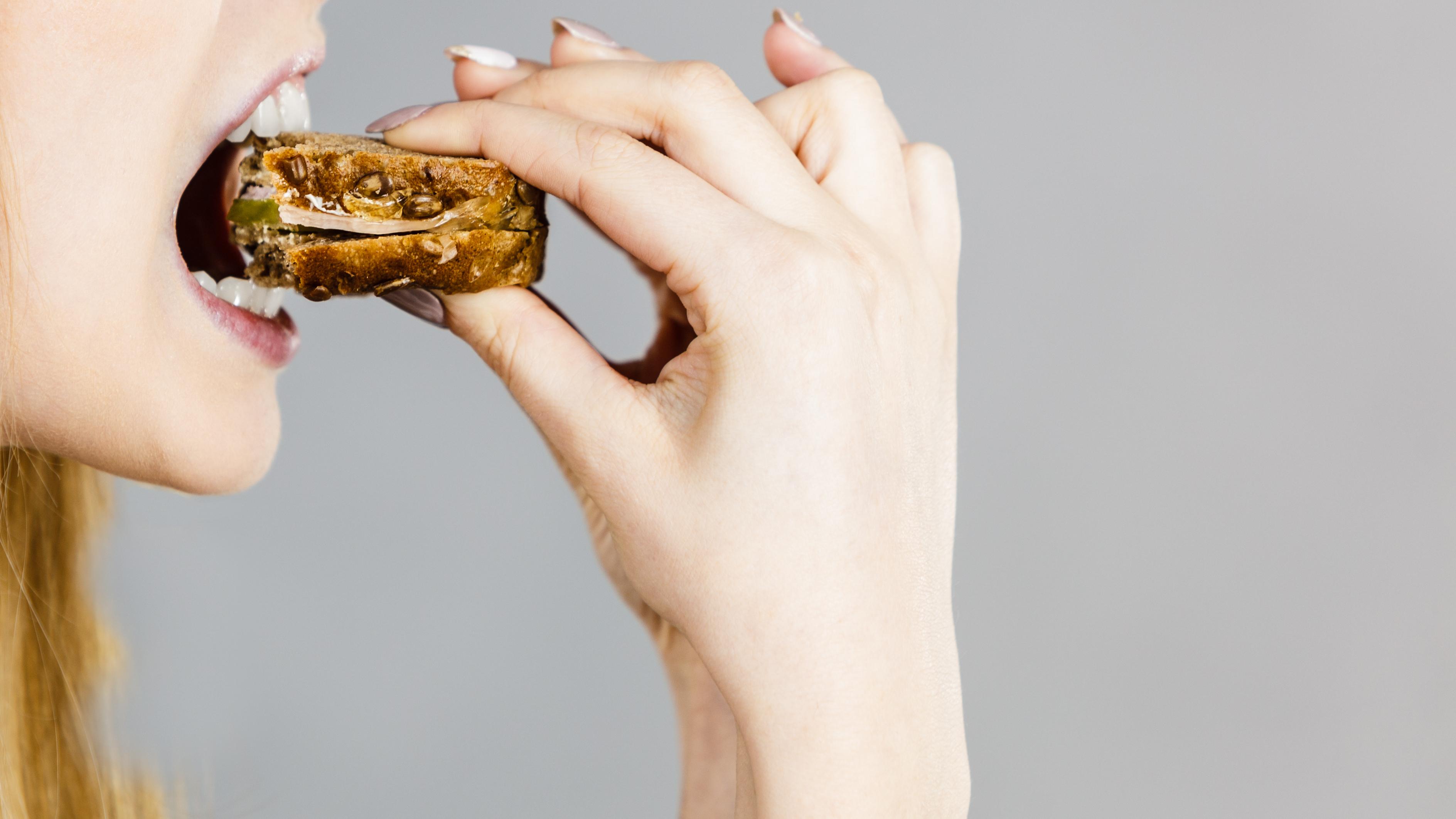
Eat calmly and with attention
Juices and smoothies are an easy way to get plenty of healthy nutrients. However, that ‘drinking’ food also has a disadvantage: you chew much less. And that is also very important for health. Do you chew the rest of your food consciously or do you mindlessly put most of it in your mouth? Time to eat mindfully.
Chewing is a movement of the lower jaw relative to the upper jaw. The goal is to grind food. Four chewing muscles play an important role in this. Together, these muscles provide a chewing force of about 15 kilograms. More isn’t necessary for most foods, but you can provide more power. The maximum chewing force is about 75 kilograms.
Chewing habits differ greatly per person, but in general you chew alternately left and right unless there are certain complaints or abnormalities.
Digestion
First of all, chewing is the start of digestion. In your mouth, you chew food finely and mix it with saliva using the teeth, molars and tongue. Chewing makes the food chunks small and accessible to the digestive enzymes from the saliva and later also to the bacteria in the gut. You analyze the food while chewing: taste and structure are transmitted to the brain, which prepares the digestive system.
Saliva production
The salivary glands produce saliva as soon as you see, smell or taste food, but chewing also increases saliva production. Then enzymes in saliva start digestion. The saliva makes the food slurry smooth and creamy, making it easy to swallow. Saliva also protects the mouth and teeth.
If you do not chew well, the saliva mixes less with the food. As a result, certain nutrients are broken down less well, resulting in flatulence or a bloated feeling.
Saturation
When you chew for a long time and attentively, you spend longer with the meal. This gives your brain time to produce a satiety hormone. This takes about 15 to 20 minutes from the first bite. If you eat slowly and chew well, the brain gets enough time and you automatically do not eat too much. That’s a nice bonus, especially if you watch your weight.
body temperature
In addition to the brain, your body temperature also plays an important role in chewing and your weight, according to Japanese research. Scientists have shown that when you chew well and eat slowly, you get a higher body temperature after eating. This so-called ‘thermal effect’ ensures that you are less likely to become overweight, because your body uses energy to digest a meal. Each meal therefore has some effect on energy consumption. Will you take your time with every meal from now on? Then you will probably see this on the scale sooner.
Some more reasons to chew:
- Well-chewed food has a larger surface area so that nutrients can be absorbed more easily. Digesting small food chunks also takes less energy.
- Chewing too little can make your jaw muscles slack. This weakens the jaw and makes the teeth extra vulnerable.
- More and more research results indicate that chewing properly improves memory. Chewing increases blood flow to certain areas of the brain.
Chew well?
The way of chewing is not so easy to adjust. It is unconscious behavior. That is why awareness is an important first step. Take your time and eat mindfully. Sit quietly at the table and avoid activities such as reading and watching television during meals. Also put your cutlery down regularly and only take the next bite when the mouth is empty again.
What can also help you is to count how often you chew and then try to increase the number of chews. Or take smaller bites. You can also chew liquid food. If you drink with food, be careful not to wash the food down. Do not drink until you have swallowed the food.
Sources):
















